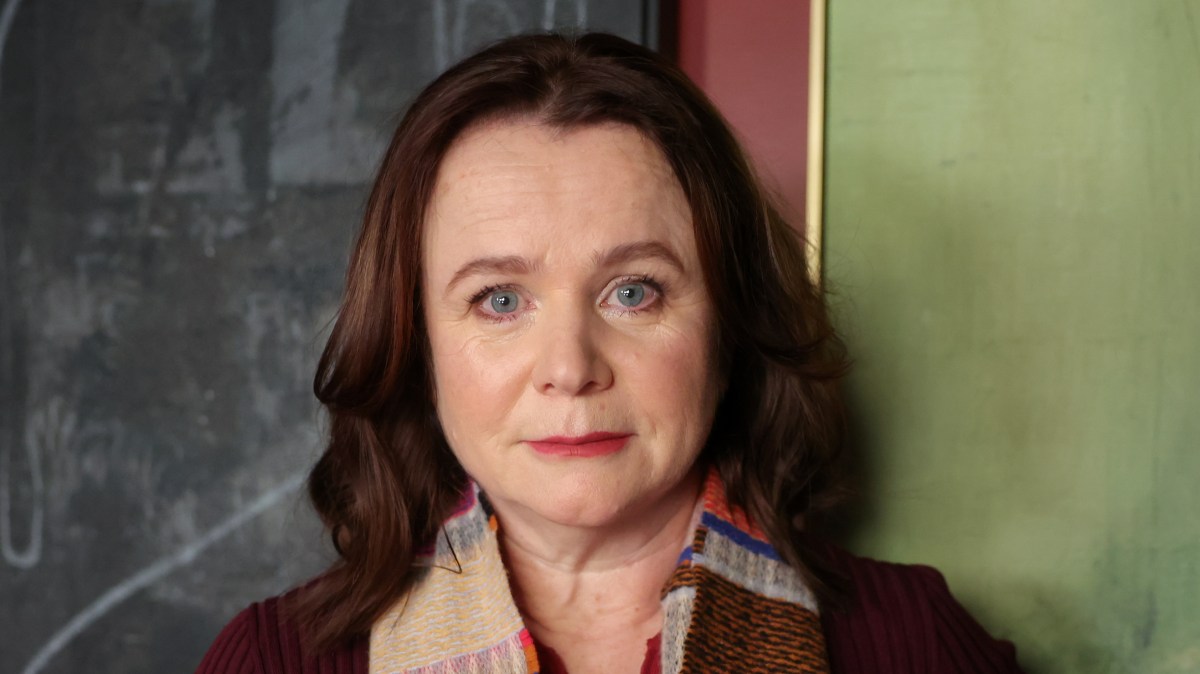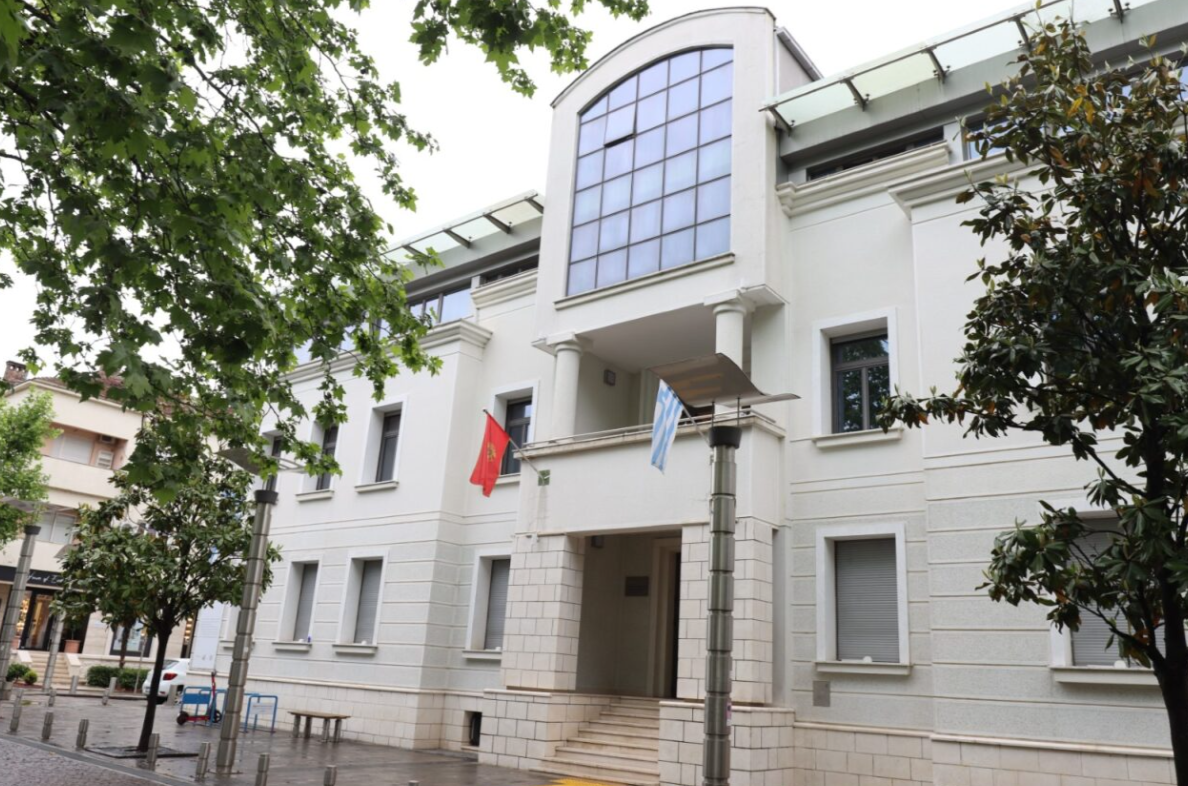Pupils have become a secondary concern in the merger of three post-primary schools on Northern Ireland’s north coast, according to governors from Dunluce School. They recently withdrew from the interim board of Causeway Academy, citing a “total misunderstanding” of school governance by project leaders. The academy, scheduled to open in September 2026, is the result of merging Coleraine College, North Coast Integrated College, and Dunluce School into a new integrated educational institution.
As plans stand, Causeway Academy will operate across the three existing sites located in Bushmills, County Antrim, and Coleraine, County Londonderry, which are approximately eight miles apart. The Education Authority has defended this approach as “student-centred,” arguing that it aims to minimize movement for students throughout their post-primary education.
Local assembly member Cara Hunter from the Social Democratic and Labour Party (SDLP) expressed her concerns about the current state of the merger, stating that the three schools involved are in “total disarray.” She highlighted the lack of clarity regarding the future site for Causeway Academy and the operational framework moving forward. According to Hunter, parents have voiced concerns about diminished choice and potential disruption caused by merging these schools without establishing a new, unified facility.
The original proposal suggested a new school would be constructed on the campus of Ulster University in Coleraine. However, with no new building completed, students are expected to continue their education at existing sites, raising questions about the logistics of the new academy’s operations.
In their correspondence with the Education Authority, the five governors from Dunluce School called for independent oversight to ensure effective governance during the final months leading up to the academy’s opening. They voiced concerns that the students have “appeared to have been forgotten” in this ongoing process.
Assembly member Claire Sugden emphasized the need for the Department of Education to take responsibility for the uncertainty that has arisen following the governors’ resignations. She described the situation as disappointing but not surprising, given the department’s failure to provide clarity regarding the school’s future. Sugden noted that families and staff have been left “in limbo,” with students potentially remaining spread across three sites for the foreseeable future.
In a statement, Sugden acknowledged the hard work of the interim board in getting Causeway Academy to its current stage. However, she highlighted that their efforts have been hampered by the lack of direction from the department.
The Education Authority has stated that they will respond to the governors’ letter in due course. A spokesperson reiterated that Causeway Academy will open in September 2026 across existing sites, aiming to enhance the educational experience while allowing exam year groups to complete their studies in their current locations. They acknowledged that the “process of change” can lead to differing opinions but assured that they will collaborate with stakeholders to ensure improvements in sustainable education through this amalgamation.
During a recent meeting of Stormont’s Education Committee, Paul Givan, the Education Minister, acknowledged the ongoing challenges of the three-site model. While he expressed a preference for a single site, he noted that the estimated cost of over £20 million is beyond the current capital budget available to the department. Givan stated, “It’s not acceptable in my view that this is where we are with these three schools having to operate still within their sites,” recognizing the inadequacies of the current arrangement.
As discussions continue, the future of Causeway Academy and the students it aims to serve remains uncertain. Stakeholders are calling for decisive action to restore confidence in the merger and ensure that the needs of the pupils are prioritized.







